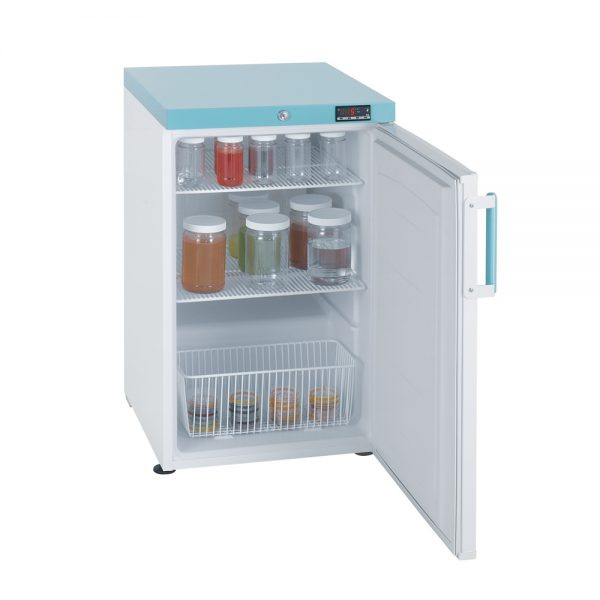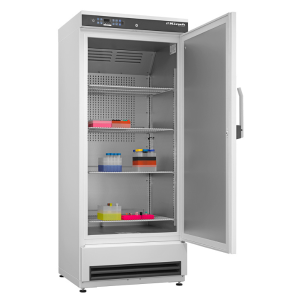
A laboratory is like a home kitchen where perishable foods can spoil if not properly cared for. Like a kitchen, a hospital laboratory uses specific samples of tissues or fluids drawn from patients to identify the evidence of disease, medical conditions, or even their causes. Every laboratory is organized into different sections. They include hematology, anatomic pathology, phlebotomy, microbiology, clinical chemistry, and even blood bank. Each of these divisions may be more important than the food in the kitchen.
In other words, the samples used in a laboratory are so delicate. This means that every minute that passes by can lead to their contamination and reduce the viability of the sample. Foods deteriorate in value, too, but in the case of laboratory samples, some may lose weight within minutes of being obtained if they are not kept appropriately. As a result, all health-related laboratories require refrigerators whose primary purpose is to store patient samples within the required quality.
- Samples
- Specimen
- Vaccines
- Some medicines
Even though lab refrigerators may come in different specifications or sizes, their sole purpose remains the same, storing the additional items at the appropriate temperature.
Yes, lab refrigerators are unique as they are designed for a specific function in a sensitive environment. Lab refrigerators maintain a particular range of temperature consistently and without fail, which is not the case with home and restaurant fridges.
They are designed such thermometers and alarms
They are made of different sizes
They are designed with secure locks, which helps to prevent unauthorized access.

As the equipment buyer, you should evaluate the need for the refrigerator as it will inform you of the size of the product to purchase. A healthcare facility may be small and have limited patients, maybe if it is located in a remote area or within an area that has many hospitals. Either case, the point is that if the facility does not have a continuous flow of patients in need of lab services, there is no need to waste money on purchasing a large refrigerator.
Secondly, one should consider whether there is a need to include a thermometer in their budget to monitor the temperature of any items stored inside the refrigerator. This is because some hospitals may be significant, and having various lab technicians and maintaining a constant temperature can be a considerable challenge. This is compared to a laboratory in which only one or a few lab technicians operate. Team management and upholding a smaller number of individuals is more straightforward than having the challenge of lack of accountability. Hence, laboratories with management issues due to the high number of employees can significantly benefit from different devices such as thermometers.
The buyer should also have a service plan. Lab refrigerators are a critical part of the lab work and essential for maintaining high-quality patient care. From time to time, they require management services to ensure optimal functioning. It is useless to spend money on a refrigerator when maintenance services cannot be afforded. One of the causes will be as if there is no refrigerator in the first place. Its presence without its ability to function optimally is equal to a facility that does not have a refrigerator.
It is essential to note the required temperature. However, this requires adequate knowledge of every sample being stored. Since refrigerators in the lab are used for storing versatile reagents and other biological specimens. As a result, there may be differences regarding the right temperature that can keep certain specimens viable. Generally, lab refrigerator temperatures range between -40 to 10 degrees Celsius.
The good news is that there are different lab refrigerators, allowing buyers to choose the one that suits their needs best. Some of them may consider having a fridge and a freezer or one. If for some reason, an individual is unable to purchase a refrigerator, they can opt for freezers such as:
A laboratory refrigerator is a crucial piece of equipment in every lab. When considering providing patients with high-quality care, these are some factors that one should consider. For instance, having a refrigerator that can keep their specimen at the required temperature for long. Obtaining a lab refrigerator should not be the focus, when the fridge users do not understand what is required of them. This means that while putting efforts into purchasing a refrigerator, there is also a need to train its users. Training ensures effective use of the product and proper storage of patient specimens.